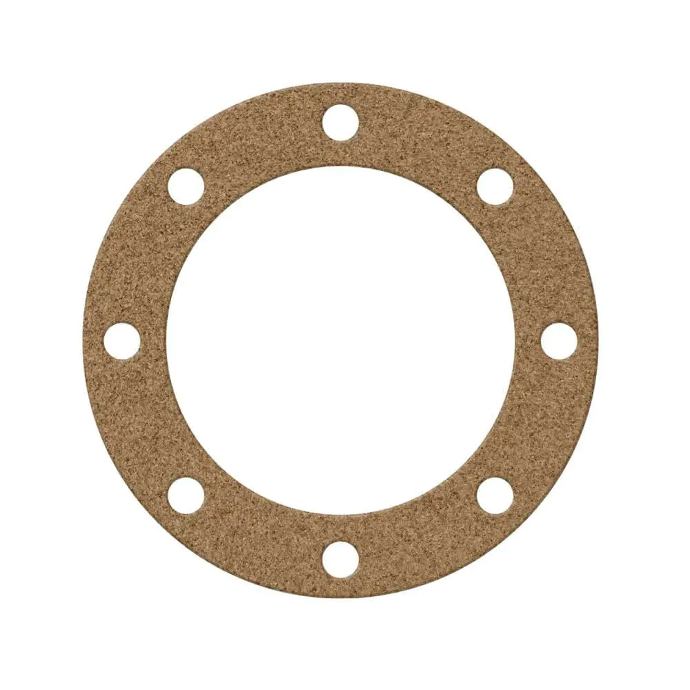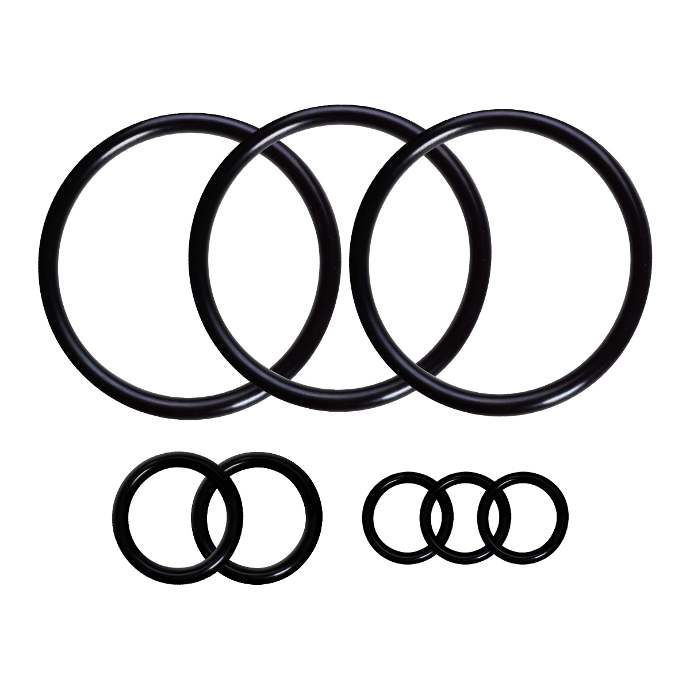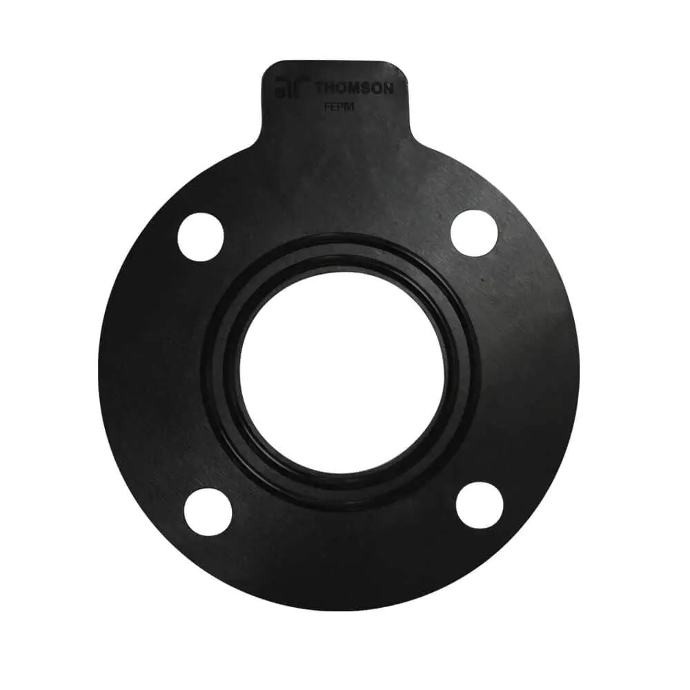Reliable
Rubber Gaskets You Need
A Partner You Trust
Products > Gaskets > Non-Metallic Gaskets > Rubber Gaskets
Rubber Gaskets: High-Quality Sealing Solutions for Your Application
Selecting the right rubber gasket involves considering several factors to ensure a proper seal and optimal performance. Here's a step-by-step guide to help you choose the appropriate product:
-
Identify the Application:
- Determine the specific application. Different applications have different requirements, such as temperature, pressure, and chemical compatibility.
-
Understand Environmental Conditions:
- Consider the environmental conditions the gasket will be exposed to. Factors like temperature extremes, exposure to chemicals, UV radiation, and outdoor elements can impact the gasket's performance.
-
Material Compatibility:
- Choose a rubber material that is compatible with the substances it will come in contact with. Different rubber compounds have varying resistance to chemicals, oils, gases, and other substances. Common rubber materials include:
- Nitrile (NBR): Good oil resistance.
- EPDM: Excellent weather and ozone resistance.
- Neoprene: Good resistance to oils and weathering.
- Viton: High-temperature and chemical resistance.
- Silicone: Excellent flexibility over a wide temperature range.
- Choose a rubber material that is compatible with the substances it will come in contact with. Different rubber compounds have varying resistance to chemicals, oils, gases, and other substances. Common rubber materials include:
-
Temperature Range:
- Consider the temperature range of the application. Some rubber materials perform better at high temperatures, while others are suitable for low-temperature applications.
-
Pressure Requirements:
- Determine the pressure conditions the gasket will be exposed to. Different gasket materials and designs are suitable for various pressure ranges.
-
Gasket Type:
- Choose the appropriate gasket type based on the application. Common types include:
- Flat gaskets: Simple and used for low-pressure applications.
- O-ring gaskets: Circular and used for dynamic and static sealing.
- Spiral wound gaskets: Suitable for high-pressure and high-temperature applications.
- Rubber sheets: Versatile and can be cut into custom shapes.
- Choose the appropriate gasket type based on the application. Common types include:
-
Size and Thickness:
- Ensure the selected gasket size and thickness match the specifications of the flange or sealing surface. The gasket should be thick enough to create an effective seal without being overly compressed.
-
Compliance with Standards:
- Check if there are any industry or application-specific standards that the gasket needs to comply with (example food grade). This is important for ensuring safety and performance.
-
Cost Considerations:
- While it's essential to prioritize performance, consider the budget constraints. Sometimes, there may be multiple materials that meet the requirements, and cost can be a deciding factor.
-
Consult with Experts:
- If you are unsure or have specific requirements, consider consulting with gasket manufacturers or experts who can provide guidance based on your application. Please Contact us
Always refer to the manufacturer's recommendations and guidelines for the specific gasket material you are considering. Additionally, conducting tests or trials in real-world conditions may help ensure the chosen gasket performs as expected.










